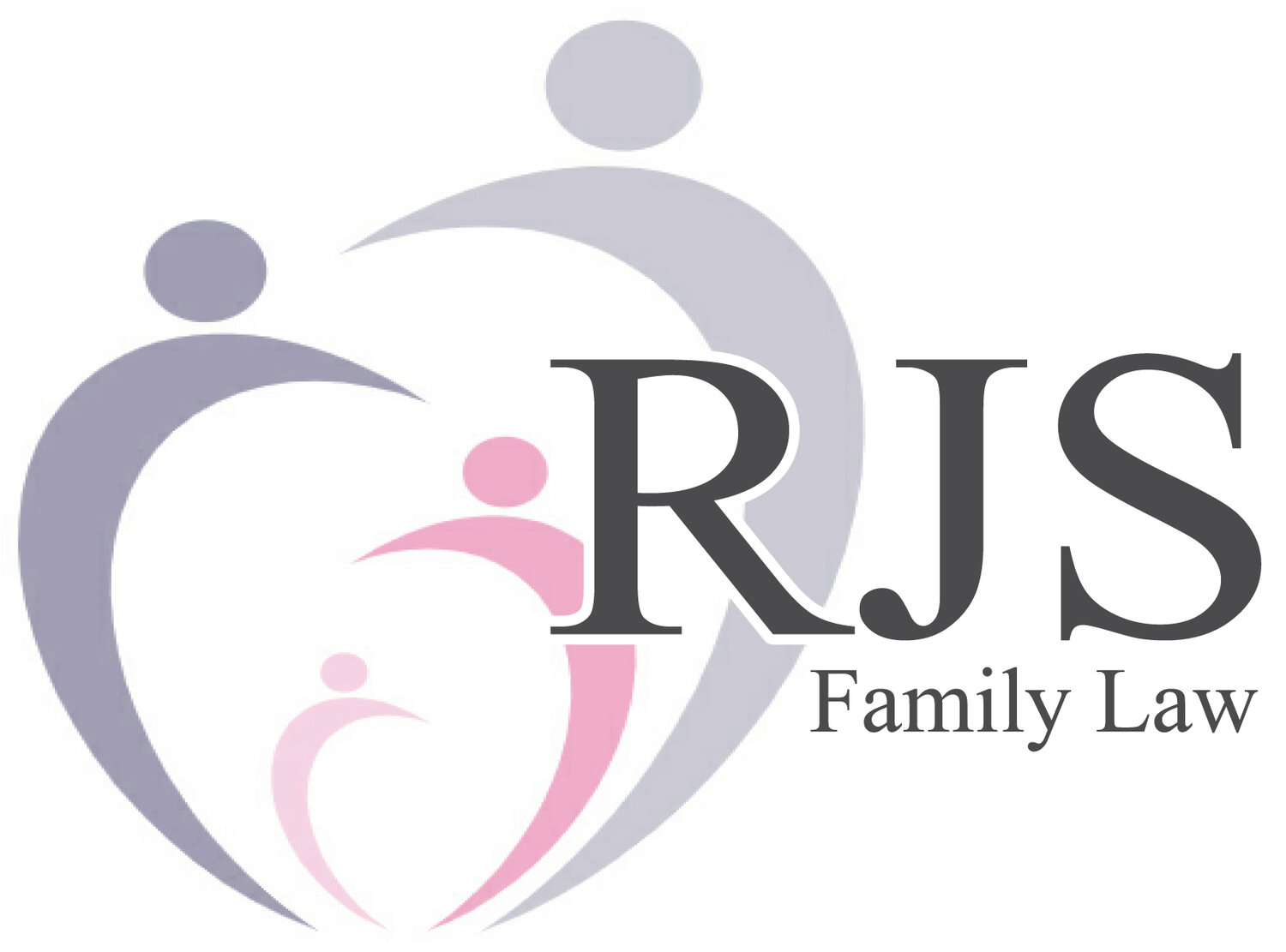Don’t Fall Victim to the Myth that a Common-Law Spouse Has Right’s!
It is an urban myth that you gain legal rights by living with your partner for a period of time; no matter how long that period of time might be. Under UK law common-law ‘husband’ and ‘wife’ relationships are simply not recognised. Therefore, if you are not married, following a breakdown of your relationship, you do not benefit from the same rights as a married couple; in fact, you could end up with very little.
For example, If you were to marry your partner and you moved into a house that they owned and had lived together for some considerable time, the starting point for divorce would be an equal division of assets, to include property, pensions and savings - regardless of whose name they’re in.
This certainly isn’t the case with a common-law arrangement where, given the same scenario, you could end up leaving the home with nothing, even if you have contributed to the upkeep of the property, paid utilities and invested much of you time and indeed your life! This is also the case if you don’t have a Will in place and your partner passes away; you have no automatic entitlement to any of his or her estate. Trying to claim a right to a share of a property after a break up or indeed any part of an estate is a very complex, expensive protracted situation with often limited success.
If you do not wish to marry or you are not contemplating marriage for some considerable time, then you need to protect yourself and your future financial security by talking to RJS Family Law.
At RJS Family Law we know everything there is to know about cohabitation matters. We can work with you to create a ‘Cohabitation Deed’ or ‘Living Together Agreement’ that takes into account your individual circumstances and will cover all aspects to include property, savings, investments and of course children.
To book a FREE initial consultation today, email rjs@rjsfamilylaw.co.uk or ring 01952 466947. For further information, visit www.rjsfamilylaw.co.uk/cohabitation-matters
